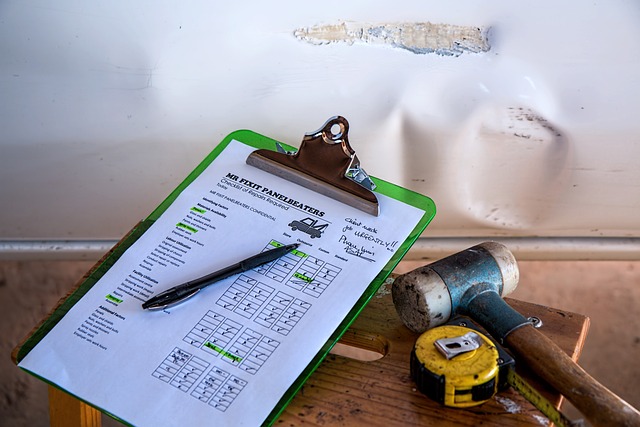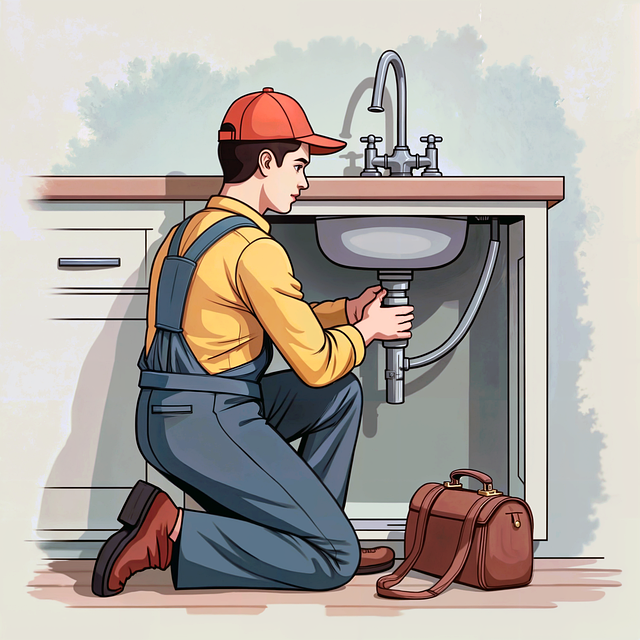This text explores plumbing service pricing models and their impact on plumbing cost comparison. It highlights the differences between hourly rates and flat fees, emphasizing how local quotes vary based on pricing factors like job complexity, access, and required materials. Material costs and emergency charges significantly influence final bills, with market rates for emergencies often higher due to round-the-clock availability. Understanding these pricing factors is crucial for homeowners to budget effectively, avoid hidden surprises, and obtain accurate plumbing cost comparisons.
In the world of plumbing services, understanding pricing structures is key to managing your budget effectively. This article offers a comprehensive plumbing cost comparison between hourly rates and flat fees, equipping folks with valuable insights into local quotes. We’ll explore various aspects like hourly rate calculations, the transparent appeal of flat fees, and how pricing factors, material costs, and emergency charges influence your final bill. Additionally, we’ll delve into market rates and their impact on your plumbing budget.
- Understanding Hourly Rates for Plumbing Services
- Flat Fees Explained: A Transparent Approach to Pricing
- The Impact of Pricing Factors on Local Plumbing Costs
- Material Costs and Emergency Charges: Adding Up the Extras
- Market Rates and How They Influence Your Plumbing Budget
Understanding Hourly Rates for Plumbing Services
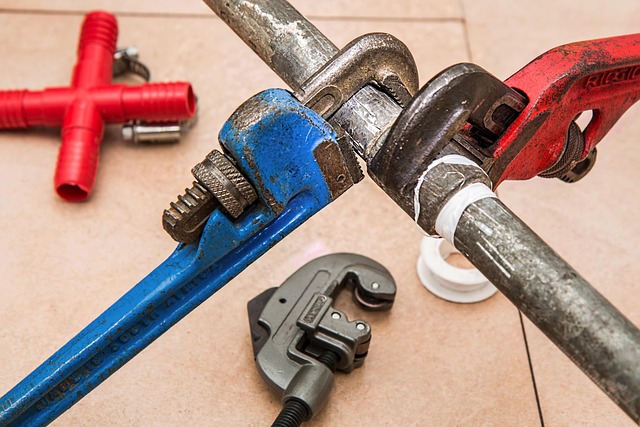
Plumbing services often charge based on two primary models: hourly rates or flat fees. Understanding how this pricing works is crucial when comparing plumbing cost comparison across different service providers. Hourly rates are a common practice where plumbers charge by the hour for their labor. This model considers various factors such as material costs, complexity of the job, and emergency charges that may apply in unforeseen circumstances. When getting local quotes, you’ll often find that hourly rates provide a transparent way to assess work done, with each hour logged reflected directly on your bill.
However, this approach can be less predictable for clients as it depends on how much time a job takes to complete. Market rates vary based on location and skill level of the plumber, so pricing factors differ across regions. Flat fees, in contrast, offer a set price for the entire job, regardless of time spent. This model is attractive as it provides budget certainty for homeowners, ensuring they pay a fixed amount without hidden costs or unexpected emergency charges. When choosing a flat fee option, make sure to inquire about what’s included to avoid any surprises down the line.
Flat Fees Explained: A Transparent Approach to Pricing
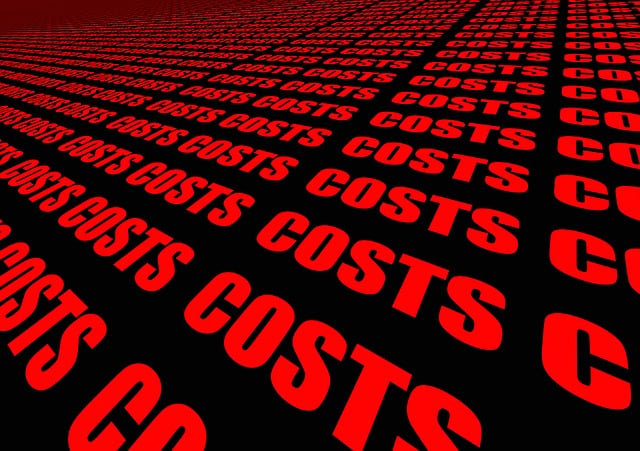
Plumbing issues can be unpredictable and often arise at the most inconvenient times. When faced with such emergencies, homeowners often wonder about the pricing structures offered by plumbers. One prominent alternative to hourly rates is the flat fee arrangement. This approach offers a transparent way of determining plumbing costs, eliminating surprises for both clients and service providers.
Flat fees are predetermined charges set for specific plumbing services without considering time spent or materials used. Local quotes for such services can vary based on several pricing factors. These include the complexity of the work, access to the affected area, and the type of parts required. Unlike hourly rates that can lead to inflated costs for lengthy jobs, flat fees provide a straightforward estimate. This transparency is especially beneficial during emergencies, as it allows homeowners to budget effectively without hidden charges related to emergency calls or after-hours work, which often come with additional material costs and emergency charges on top of the standard market rates.
The Impact of Pricing Factors on Local Plumbing Costs
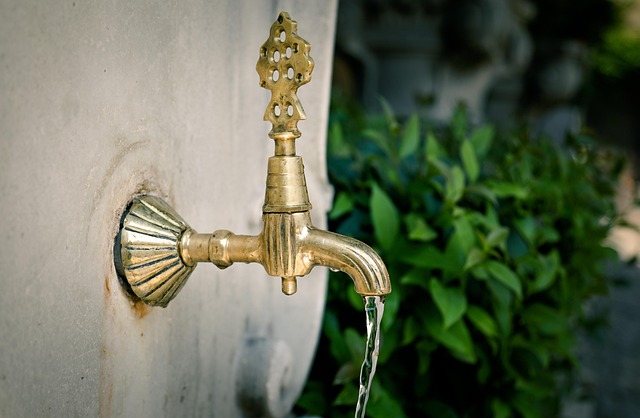
When comparing plumbing services, understanding how pricing is structured is key to making an informed decision. The local plumbing cost comparison can vary widely based on several factors that influence the final bill. One of the primary considerations is the nature of the work involved and the materials required. For instance, a simple leak repair might be charged at an hourly rate, while more complex projects like full pipe replacements often come with flat fees.
Additionally, emergency charges can significantly impact the total cost, as these services are typically urgent and may incur higher rates due to around-the-clock availability. Material costs also play a crucial role, especially for larger jobs that involve purchasing pipes, fixtures, or other parts. It’s important to ask for detailed quotes from local plumbers to get a clear picture of how these pricing factors could affect your plumbing project’s overall cost, ensuring you’re aware of any potential additional charges before hiring.
Material Costs and Emergency Charges: Adding Up the Extras

When comparing plumbing services, it’s crucial to understand that hourly rates and flat fees can significantly impact your overall cost. Beyond the labor involved, material costs play a significant role in pricing. These expenses can vary widely depending on the project scope and specific materials required. For instance, a simple leak repair might need only a few dollars’ worth of supplies, while a complex remodelling project could incur hundreds or even thousands in material costs.
Furthermore, emergency charges are often separate from regular service fees. These unexpected fees can add up quickly, especially if an emergency arises outside of typical business hours. While urgent plumbing issues require immediate attention, understanding these additional pricing factors is essential when getting local quotes. By considering both material costs and emergency charges, homeowners can get a more accurate picture of the total plumbing cost and ensure they’re not hit with any hidden surprises.
Market Rates and How They Influence Your Plumbing Budget

Plumbing issues can often arise unexpectedly, and when they do, understanding how different pricing structures work is crucial for budgeting. When comparing plumbing services, one key factor to consider is whether the plumber charges by the hour or offers a flat fee for the job. Market rates vary widely depending on location, complexity of the work, and time of year. Obtaining local quotes from several plumbers can help you gauge average market rates in your area.
Pricing factors extend beyond labor costs. Material costs, including pipes, fittings, and fixtures, are significant components of plumbing projects. Additionally, emergency charges may apply for after-hours or weekend service calls, which can significantly impact the overall plumbing cost comparison. These varying elements contribute to the complexity of predicting plumbing budgets.
